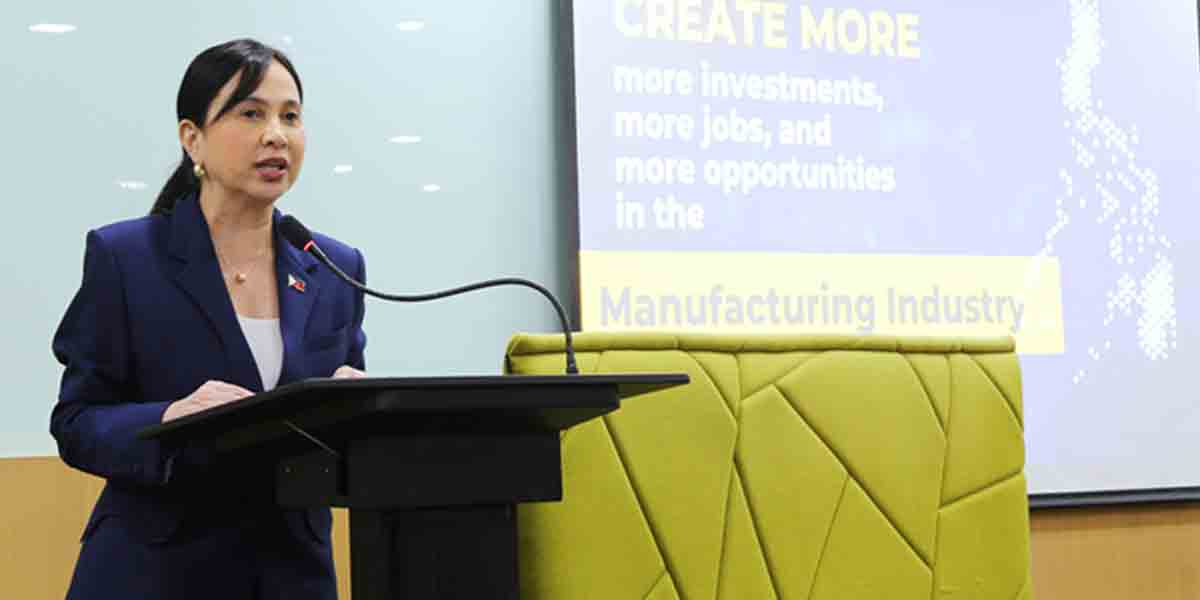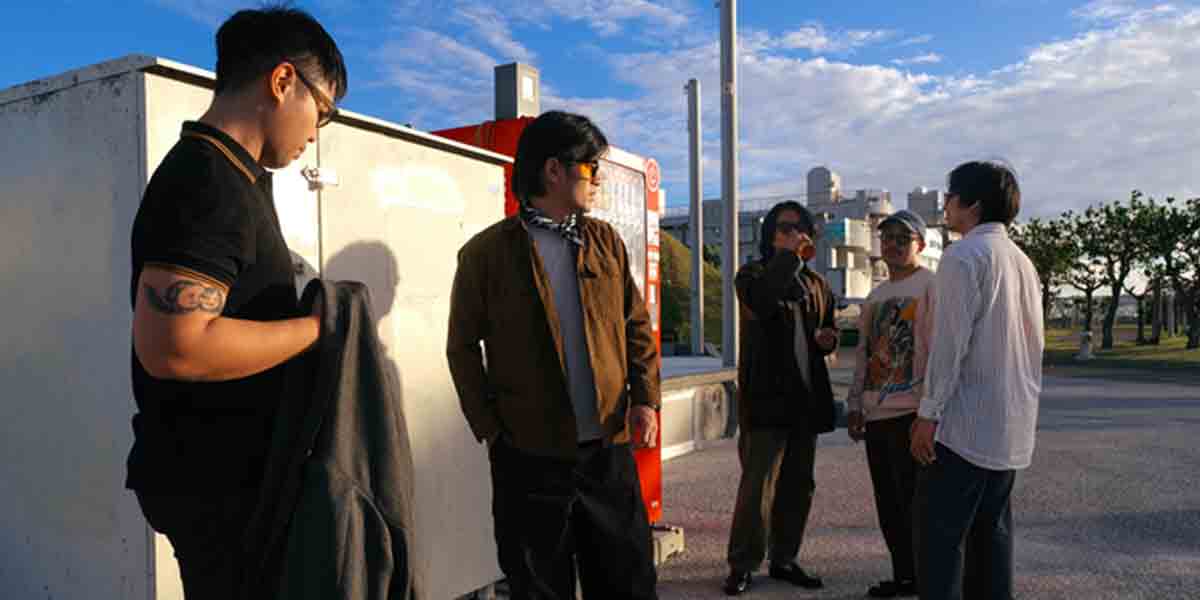 By Modesto P. Sa-onoy
By Modesto P. Sa-onoy
Physicist Albert Einstein whose genius is still to be surpassed once said, “The only thing that you absolutely have to know, is the location of the library.”
I recall a reminder when we were in college: the measure of a person is not in the size of his wallet but the size of his library.
These words come to mind because of the controversy over the statement of National Library of the Philippines director Cesar Gilbert Adriano before a congressional committee that there are no schools offering library and information courses outside of Metro Manila.
He was lambasted by the librarians despite his explanation that his statement was a response to a specific question from Congresswoman Evelina Escudero pertaining to one of the provisions in the proposed bill pushing for the establishment of public libraries in all local government units and making them as a permanent institution within the LGU.
Adriano, appointed by President Rodrigo Duterte as the executive director of the NLP on March 17, 2017 does not have a tertiary degree in library science.
The library sector called his appointment illegal but that is a matter for the critics to probe if he needed a librarian degree and for the President to retain or sack him.
Of interest is the Escudero bill to create public libraries in every local government unit and Adriano’s concern that there are not enough licensed librarians to fill the post. In fact, this is one reason that many towns have no libraries because there are no qualified librarians.
Some years back I was asked by the NLP to join a team that inspected LGU libraries in Occidental Negros. Several have but most have none. Two years ago, I was invited to speak about a town’s history and later inquired why they have no library. And the reply was, they have a budget but nowhere to find a licensed librarian as required by law.
That was the dilemma of Director Adriano: How can we get licensed librarians for each LGU to have a public library when there was a dearth of graduates? He was wrong only in saying there were no institutions offering the course, but the fact is that there are few enrollees, ergo colleges in the provinces stopped offering the minimum Bachelor of Library of Information Science, much less the master’s degree in this field needed by some LGUs.
Private schools tend to close the course if the number of students could not pay the cost even of the teacher’s salary.
Adriano suggested that teachers, even those that are unlicensed librarians, should be added to the list of people qualified to head public libraries or reading centers. Librarians, however, rejected this suggestion saying it is a violation of the “Philippine Librarianship Act of 2003” that provides that “only qualified and licensed librarians shall be employed as librarians in all government libraries.”
Adriano denied he advised the illegal practice of librarianship. He explained, “Since it was already established that there would be an impending deficiency once the proposed bill becomes a law, I just answered the question of Cong. Escudero and suggested that maybe we can study the possibility of including teachers in the qualification. This does not mean that I am advocating or advising for the illegal practice of librarianship.” he added.
Perhaps the way to encourage students to take library science is for the government to subsidize the course. As broadcast journalist Walter Cronkite said, “Whatever is the cost of our libraries the price is low compared to that of an ignorant nation.”
Of course, questions arise: Who needs a librarian and cataloger when you have Google and Internet? Who needs a teacher when you have Wikipedia? And, who needs a doctor when you have WebMD?
Well, just as Wikipedia does not replace the teacher, and WebMD does not replace the doctor, in the same way, Google Search and the Internet do not replace the librarian and cataloger. (Salman Haider)
The library is one of the ignored parts of town. Even in the metropolitan Bacolod. Sadly, few Filipinos are readers and thus libraries are ignored. We already have a law on this but many LGUs have not complied. They have no compelling reason to do so and their constituents do not demand for a library.
On the other hand, how can people love something that is not there or taken for granted?






















